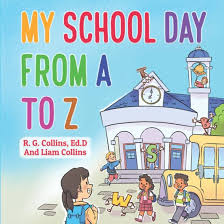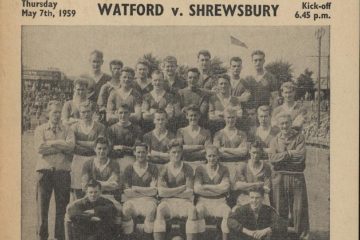The Life and Legacy of Pablo Escobar

Introduction
Pablo Escobar, known as ‘The King of Cocaine,’ remains a controversial figure in contemporary history. His criminal empire during the late 20th century had lasting impacts on Colombia and the global drug trade. As the head of the Medellín Cartel, Escobar’s actions escalated violence, transformed economies, and shifted public perceptions about drug trafficking, making him a subject of fascination and scrutiny.
The Rise to Power
Born in December 1949 in Rionegro, Colombia, Escobar’s early life was marked by poverty. However, by the late 1970s, he began his ascent in the cocaine trade, gradually establishing a powerful cartel with vast resources. At the height of his power in the 1980s, Escobar was one of the richest men in the world, with an estimated net worth of $30 billion, primarily from his cocaine operations.
The Impact on Colombia
Escobar’s wealth allowed him to exercise significant influence over Colombian politics and society. He pledges to build housing for the poor and contribute to community projects, essentially attempting to buy popular support. However, this was accompanied by brutal violence, as rival cartels and law enforcement faced Escobar’s tactics. The ‘Narco-terrorism’ that ensued led to thousands of deaths, including those of police officers, politicians, and innocent civilians.
Law Enforcement and Downfall
By the early 1990s, Escobar became one of the world’s most wanted criminals. The Colombian government, with support from the United States, enacted military responses and extensive surveillance. In 1993, Escobar was finally located and killed in a shootout with Colombian National Police, leading to a power vacuum in the drug trade that has continued to impact Colombia and neighbouring countries.
Legacy and Cultural Impact
Escobar’s legacy is complex. He is often romanticised in popular culture through films, television series, and literature, with portrayals varying from ruthless killer to a Robin Hood-like figure. While some admire his charitable acts, the devastation caused by his drug empire is undeniable, leaving a scar on Colombian society that continues to struggle with drug-related violence and corruption.
Conclusion
The story of Pablo Escobar serves as a poignant reminder of the ramifications of the drug trade and the personal and societal costs associated with it. His life encapsulates the allure and dangers of wealth acquired through illegitimate means, illustrating the delicate balance between power, crime, and humanity. As Colombia continues to navigate its path toward recovery, the lessons of Escobar’s reign remain relevant, urging society to address the ongoing challenges posed by drug trafficking and violence.









